CATEGORIES:

When an organisation’s leadership looks within for bottom-line improvement potential, it should – arguably – look first to its sales and business development teams.
From my observations, something basic is too often missing. That “something” is the alignment of personalities and sales modus operandi with the nature of the product or service to be sold.
In many organisations, there appears scant appreciation of the real skill set of a genuinely peak-performing salesperson or business development (“BD”) operative. With their unrealistic expectation that two generally opposing personality characteristics can be found in one person, most companies in high-value product – and particularly, service – sectors set the scene for a half-performance by a BD right there at the hiring stage.
Recruiters and their clients expect of BDs the personality, street smarts and sociability to “oil the wheels” of a relationship, along with the thick skin to take the rejection that also comes with the territory. At the same time, they expect him or her to possess the sensitivity to read and intuit the client, customer or project owner, along with the tenacity, inquisitiveness, logic, information-ordering, analytical and strategic thinking skills to comprehend that organisation’s bigger picture, and to identify a competitively superior and profitable solution.
Inquisitiveness, Tenacity, Logic & Strategic Thinking Ability
It’s a big ask of an individual. There’s the odd multi-talented superstar, but they’re rare. And in their absence, most companies take the honed social skills offering over the deep thinker.
I can cite the following example in which an established client of mine, acting on some level of recognition of this issue, called me in to perform the tasks they would have assigned to a BD of the latter variety, if they’d had one. It went like this:
One of Australia’s largest construction sector “tier ones” wanted to break into the highly coveted Defence market. It was a sector they’d not only neglected for at least half a decade but also one in which they had turned out a less-than-stellar project result prior to that.
The Australian Defence market was gearing up to enjoy some large and prestigious projects, and my client’s competitors had the majority toe-hold. To say the least, my client was coming from a long-shot and long-rusty position; the immediate priority was to understand the uncompromising world of Defence procurement, along with the characteristics and imperatives of the projects for which the company was qualified and wished to bid.
I investigated the status quo, and formulated a detailed, step-by-step strategy for the company to follow in achieving its desired turnaround image and performance with this audience. I also produced a detailed research piece and strategy for a flagship Defence project due to come to market within a year or two of that time, a project the company went on to win resoundingly.
The moral of the story lies in the asking of the question, “What if my client organisation had given that responsibility to any of the ‘wheel-oiler only’ BD types?”
Dysfunctional Communication Channels
The second issue leaders need to cast their eyes downward and notice is the often missing or dysfunctional communication channels from BDs back into the organisation – whether those links should be with bid team managers and members, subject matter specialists, or contract and procurement people.
Put simply, companies aren’t placing sufficient emphasis on the BD’s performance as a conduit of quality client or customer intelligence.
From my vantage point as a strategist in the pursuit arena, I can see that quality information isn’t being gathered to start with. Even less information of any real value is being conveyed back to the critical points within the organisation, to recipients who could analyse that information and feed it into the strategy formulation process, if one existed. Which it rarely does.
Some organisations, recognising at least the information-gathering and capturing component of the problem, hire in consultants or implement software-based document-and-share systems in an attempt to address the issue. I haven’t seen many work particularly well.
In a non-infrastructure example, one global IT corporation I consulted to (a company that placed exclusive value on wheel-oiling personality values in its BDs) endeavoured to solve this problem with a hideously expensive software program.
The BDs resisted it like the plague. To them, there was nothing more boring than returning from a nice long lunch with a client or prospect and having to fill in a form that required them to remember answers to questions they probably hadn’t asked. Consultants were brought in, to no avail. Desperate to justify the expenditure, management resorted to begging, cajoling and later mandating the system’s use. It remained, at best, an exercise that generated template-value, inch-deep information and little in the way of genuine strategic insights.
A team of BDs out of the analytical, research-oriented and strategic thinking mould would have generated valuable information with or without a software tool.
Do You Know What A ‘Whole-of-Organisation’ Approach Looks Like?
The moral of that particular story is that, try as you might, you can’t make a square-peg operative work effectively in a round-hole environment, even with the use of expensive software or the employment of impressively-credentialed consultants.
If an organisation were in a position where it was forced to choose between hiring a high-energy, sharp-talking socialiser and a deep-thinking, detail-conscious strategic thinker for a BD role, my advice would be – assuming the latter possesses at least a decent and workable personality – to opt for the thinker. We’re living in a new world that calls for new skills, and his or her skill set is among them.
This new world of intense competition and markedly increased customer or client expectation is one that also calls for a genuinely “whole-of-organisation” approach – and a clearer appreciation of what that actually looks like in practice.
To the extent that a sales or business development team resists a culture shift to this more analytical, more strategic, more communicative and unified approach, it prevents the organisation from reaching its full potential. And the leader that allows his or her company to stagnate in this manner in these fast-moving, fast-changing times, does so to the very great peril of that organisation.
BID COMMANDOS
On-Target Strategy For Mission-Critical Bids
(Training Program)
BID COMMANDOS is my "blockbuster", comprehensive, 11-module training program.
It's intricately formulated to ensure your team excels at every stage of a formal bidding process . . . from the initial bid/no bid analysis, through research and intelligence-gathering, through the strategy development and documentation process, through strategic and compelling writing and competent editing, and on through the shortlistee presentation stage, right through to optimisation of client de-briefing session/s.
THINK AND WIN BIDS
Winning High-Value, High-Stakes Bids through Superior Questioning, Listening & Thinking Skills

(Book)
The three fundamental skills of a genuinely sharp, sustainably successful bid professional are the ability to think, listen and ask quality questions.
Furthermore, formulating successful business development and bid strategies is the process of well-directed research and thinking; not the product of tools and templates.
Ideal to ensure all members of the bid team are, philosophically, on the same page, Think and Win Bids is also offered as a six-pack (six books for the price of five).



